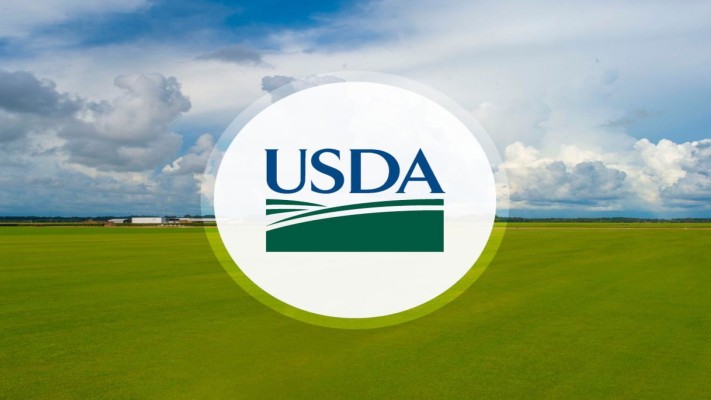Related News

Poultry Market Intelligence Forum at IPPE 2026 Highlights Key Economic, Policy and Sustainability Developments

IDMA Istanbul 2026 returns as a key meeting point for the global food industry

Poland and Montenegro Explore Deeper Cooperation in Agriculture

Kazakhstan President Orders Development of Digital Grain Accounting System to Boost Sector Efficiency

Philippine Agriculture Ministry Expands P20 Rice Program to Sulu as Part of Nationwide Rollout

The U.S. Department of Agriculture (USDA) is now accepting applications for four key agricultural trade promotion programs aimed at expanding international markets for American farmers and producers. The programs—Market Access Program (MAP), Foreign Market Development Program (FMD), Technical Assistance for Specialty Crops (TASC), and Emerging Markets Program (EMP)—will provide critical funding to help U.S. agricultural goods compete globally.
The announcement follows U.S. Secretary of Agriculture Brooke Rollins’ recent reveal of six upcoming international trade missions to Vietnam, Japan, India, Peru, Brazil, and the United Kingdom over the next six months. These efforts underscore the USDA’s commitment to strengthening agricultural trade and supporting rural economic growth.
"Our job at USDA is to open new markets for our farmers, ranchers, and producers," said Secretary Rollins. "We are putting farmers first. These programs are a crucial step in sustaining long-lasting economic growth in rural America."
Key Program Details:
Market Access Program (MAP): $200 million annually to promote U.S. fruits, vegetables, nuts, and processed goods overseas.
Foreign Market Development Program (FMD): $34.5 million annually to tackle trade barriers and explore new markets.
Technical Assistance for Specialty Crops (TASC): $9 million annually to address export barriers for specialty crops.
Emerging Markets Program (EMP): $8 million annually to develop new export opportunities in emerging economies.
The application deadline for all four programs is June 6, 2025. These initiatives are funded through mandatory congressional allocations and rely on public-private partnerships with trade associations, cooperatives, and state agencies to maximize their impact.
Recent news
Bunge Resumes Rosa Branca Wheat Flour Production in Southern Brazil

Poultry Market Intelligence Forum at IPPE 2026 Highlights Key Economic, Policy and Sustainability Developments

Countdown Begins for the 20th TUSAF International Congress: The Sector Gathers in Antalya

Amandus Kahl: 150 Years of Industrial Development and Process Engineering

